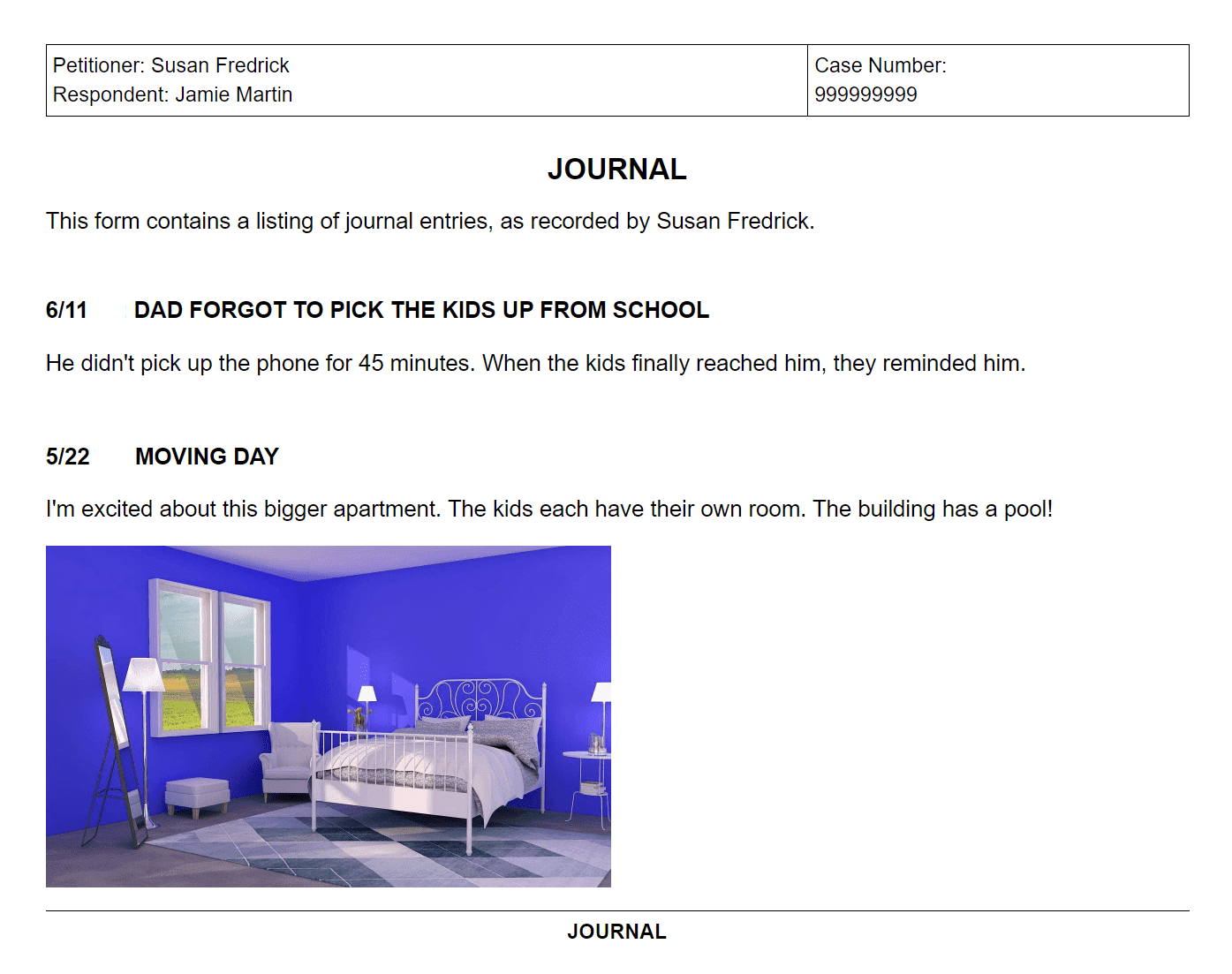How to Get Custody of a Sibling | Sibling Custody Rights
Courts try to keep children in the custody of their biological parents. A court may transfer custody to a nonparent, such as the child's sibling, if it finds neither parent fit for custody.
In some U.S. states, you may get custodial rights of your sibling if you can provide a better living situation for them. Even if your sibling is in foster care, you can attempt to become their custodian or legal guardian. The arrangement must be in the child's best interests for a court to allow it to happen.
Can a sibling get custody of another sibling?
Yes, depending on where you live. Some U.S. states, like Texas, say in their family code that siblings are among the nonparent relatives who can petition for custody.
In places where you can't file for custody, the court may let you file for visitation or guardianship. Guardianship gives you the responsibility of caring for the child and the right to make major decisions about them. Even in places that allow sibling custody, guardianship is more common.
Generally, in order to get custody of a sibling, the child must be in distress. For example:
- Their parents may be deceased.
- Their parents may have substance abuse problems.
- Their parents may have neglected or abandoned them.
- They may be at risk of going to foster care.
You can only get custody of a sibling if you're at least 18. If you're a minor, you can't get custody. An aunt or uncle might pursue custody instead.
While it's more common for older siblings to fight for custody of their minor siblings, it's also possible to pursue custody of an adult sibling who cannot care for themself.
How to get custody of a sibling
There are two paths to getting custody or guardianship of a sibling. In either case, legal representation is highly recommended.
Getting custody by consent
Parents sign over custody to you (with court approval) or name you in their will as the guardian in the event of parental death.
Going to court
To start a court case, file a petition for custody or guardianship. Provide an affidavit explaining the situation and why you believe the child would be better off in your care.
If the court believes your claims are valid, the court will schedule a hearing where you and the child's parents will state your cases before a judge.
You must prove to the court that you can provide a better living situation for your sibling and protect their physical, mental and emotional well-being, all while supporting them financially. The court will review facts and evidence from both sides, then make a decision.
If your sibling is in immediate danger, you may be allowed to file for emergency custody. If successful, you'll get a temporary custody order. You could contact Child Protective Services instead, but the child may be taken into state custody. Consult a family lawyer to figure out the best course of action.
Tips for pursuing custody of a sibling
- Consult a family lawyer.
- Review child custody laws in your location.
- Write a plan for raising your sibling covering schooling, health care, discipline, etc.
- Keep a journal detailing your interactions with your sibling's parents, what you do for your sibling, etc.
- Gather character reference letters from those with firsthand knowledge of your situation.
- Review the best evidence for child custody for help supporting your case.
Building a case for raising your sibling
You'll need strong evidence to back up your case for custody.
Journaling helps you demonstrate your role in your sibling's life, the relationship your sibling has with their parents, and more.
With Custody X Change, you can maintain an organized, printable custody journal. Attach photos to show where your sibling will be living and other crucial information the court will want to know.

You can customize this to fit your situation with Custody X Change.
Custody X Change helps you prove you're ready to take on custody of your sibling.
